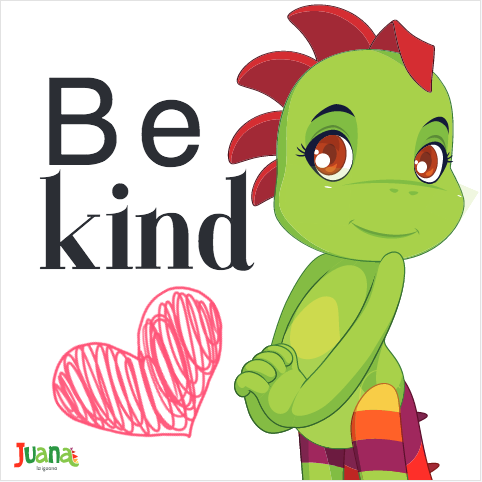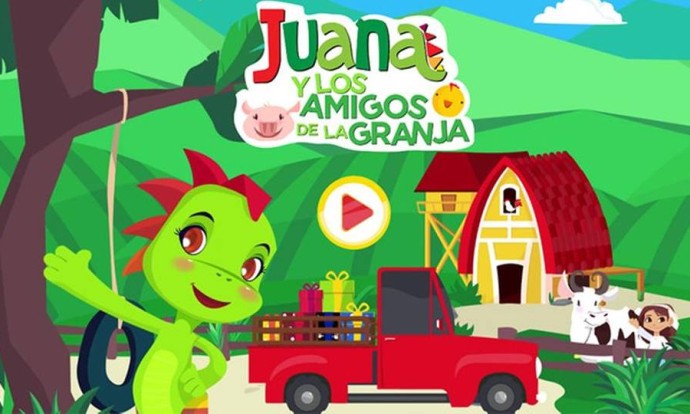Five Simple Practices to Teach Our Kids to Be Friendly
A mother tells her small child, “Say hello, my love.” She encourages him to use his manners. The child, a bit indifferent, doesn’t listen. He doesn’t even move.
How many parents has this happened to? There are no simple ways to teach our kids the most important values. However, there are certainly ways to teach them harmoniously, without forcing it too much. Do you know how to do so? The best teachers are Mom and Dad, and the best learning is based on what they do at home.
With frequent repetition, these simple practices not only motivate your children to become more friendly, but they also connect you in a unique and special way.
Cultivate a Habit of Smiling
When kids see their parents smile, they feel confident and relaxed, and they smile too. The smile is the language of love, and it connects us with joy. How many times do you smile in front of your children? I’m talking about a genuine smile, not something forced or intended to look good; no, I’m talking about a smile that comes from the heart when you communicate with your kids. Smiling naturally and spontaneously makes them feel valued by you, gives them security and reinforces that what they do excites you. Connect with your children’s joy and smile with them.


Using Magic Words, Always
Sometimes Mom and Dad are under the impression that because they have authority, they don’t need to say thank you or please, or to ask for forgiveness. But the truth is that when Mom and Dad use these words on a frequent basis, they set a great example: They show their kids that it is truly important to make friendly gestures, and that every time we make a mistake, no matter how old we are, we should say sorry!
Considering the Kids’ Opinions
It’s not about nodding your head. Rather, it’s about listening actively to what little kids tell us, valuing their opinions and tastes, and more importantly, validating them! Once in a while, give your children the opportunity to make decisions. For example, let them choose the dinner menu, allow them to pick their own clothes and encourage them to help decide on a family activity. When you let children express their opinions, and when those opinions are taken into account, they learn a valuable lesson: that it is important to respect others because others’ opinions are just as important as ours.

Help Those Who Need It
When it comes to the kids, ask them whether they need or want our help. Offering to help those who need extra support is a friendly and unique act. When we do this, little kids see how their mom and dad worry about others and take care of those around them, and they become more interested in doing the same.
Demonstrate that We Care About Others’ Feelings
Let’s make empathy a habit at home. If the little ones show their emotion, Mom and Dad should take a moment to try and understand the feeling, connect with the children and act accordingly. Demonstrating that we care about others’ feelings is essential in parent-child relationships, because if Mom and Dad demonstrate that they genuinely care about the feelings of their little ones, the kids will learn for themselves what empathy means and how beneficial it is when it comes to nurturing relationships.
Another Way to Learn Values Is to Play!
Juana la Iguana and her friends from the farm, and Juana la Iguana at the beach are two interactive applications for little kids. Both applications involve games and focus on learning values, vocabulary, shapes, colors, letters and numbers.
Download the apps here and continue the fun at home.
Play with me and my Farm friends!


